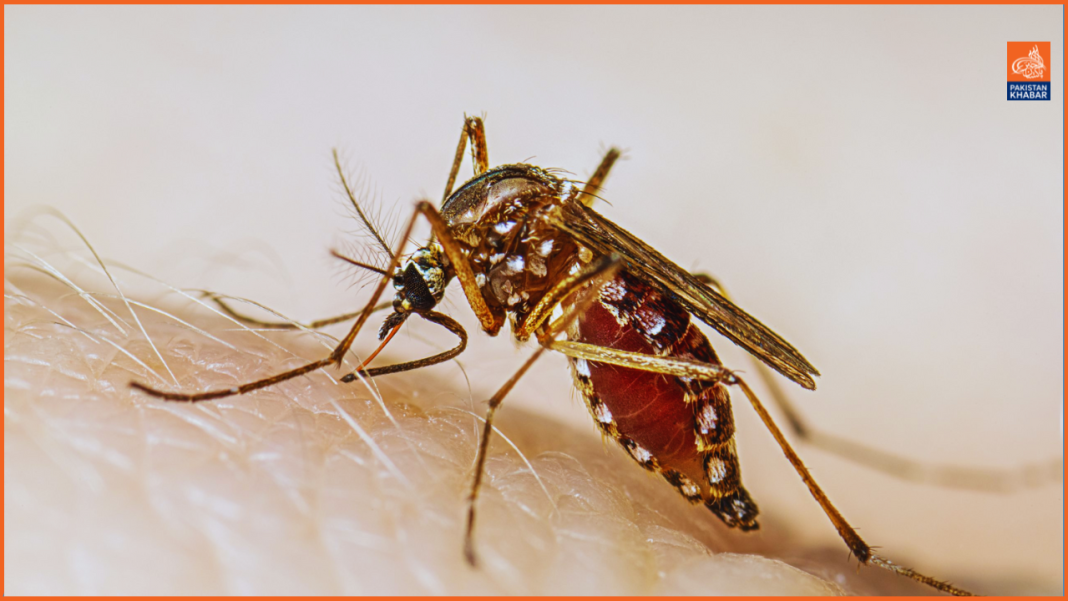The Pakistan Meteorological Department (PMD) has raised alarms regarding a potential outbreak of dengue fever in October as cases continue to surge across the country. Major cities including Karachi, Lahore, Peshawar, Rawalpindi, Islamabad, Hyderabad, Faisalabad, Sialkot, Larkana, and Multan are particularly at risk. Over the past decade, dengue has taken a toll on public health, with the PMD highlighting that this seasonal outbreak typically occurs during the post-monsoon period, which lasts from September 20 to December 5.
Conditions for dengue proliferation are most favorable when temperatures hover between 26-29 degrees Celsius, coupled with humidity levels exceeding 60%. The disease is exacerbated by significant rainfall, specifically amounts greater than 27mm within a three-week period. The PMD noted that the risk of transmission is heightened during specific times of the day, namely two hours after sunrise and two hours before sunset.
Current climatic conditions, particularly the withdrawal of the monsoon, have created an environment ripe for dengue outbreaks. The PMD has urged stakeholders to implement preventive measures to mitigate the anticipated rise in cases. Just recently, the number of dengue cases reached 1,026, with 65 new patients reported in one day. Hospitals, including Holy Family Hospital and Rawalpindi Teaching Hospital, are currently treating over 200 patients for the disease.
In addition to the dengue warning, heavy rainfall in Rawalpindi and Islamabad has led to significant flooding in low-lying areas, further complicating the situation. Rainfall began early in the morning and persisted for several hours, causing water levels in Leh Nullah to rise to critical levels. Civic authorities responded promptly, issuing pre-alerts and mobilizing emergency services to monitor the situation and prevent flooding.
The recent downpour has not only caused flooding but has also exposed the inadequate state of infrastructure in various cantonment areas. Potholes and drainage issues have become evident on key roads, prompting concerns about urban planning and maintenance.
The PMD has forecasted more rain in the coming days, with moist air currents moving into the region from the Bay of Bengal. This wet weather pattern, combined with high humidity and warm temperatures, is expected to create conditions conducive to further dengue transmission, especially in the vulnerable urban areas.
With the rising dengue cases and adverse weather conditions, the PMD and local authorities are urging the public to remain vigilant and take necessary precautions. The health department, in conjunction with local government agencies, is working to ensure that emergency measures are in place, including the establishment of flood response units equipped to manage drainage and water accumulation.
As the community braces for the anticipated challenges of both dengue and the heavy rains, it becomes increasingly important for citizens to stay informed and proactive in safeguarding their health and well-being.




